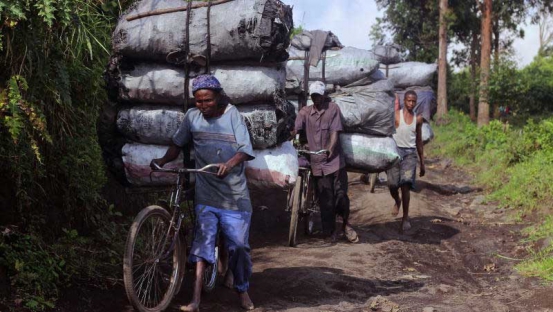×
The Standard e-Paper
Stay Informed, Even Offline

It’s time for the private sector to play a bigger role in helping to make clean energy more affordable. In many ways, climate change has become a matter of life and death.
This is particularly true for those living in urban settlements in Kenya. Indeed, a recent study by the John Hopkins University found that because the living conditions of people resident in informal settlements like Kibera often results in a warmer micro-climate, the elevated temperatures brought about by climate change are very dangerous.